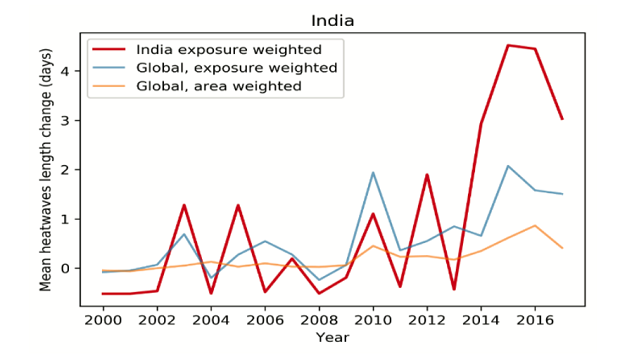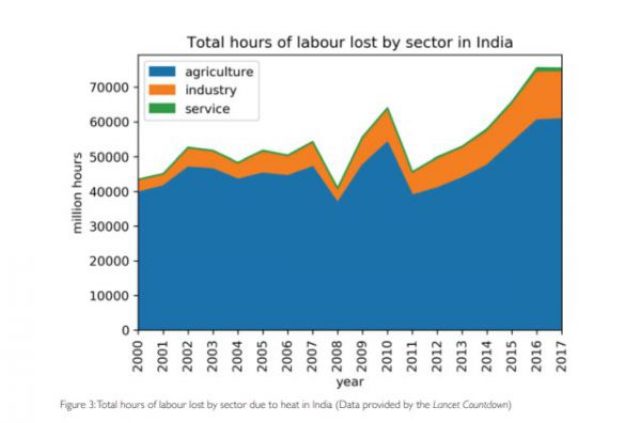900 319 0030
enquiry@shankarias.in
What is the issue?
What are the highlights of the report?

What are the impacts?

What lies before India?
Source: Economic Times, The Hindu